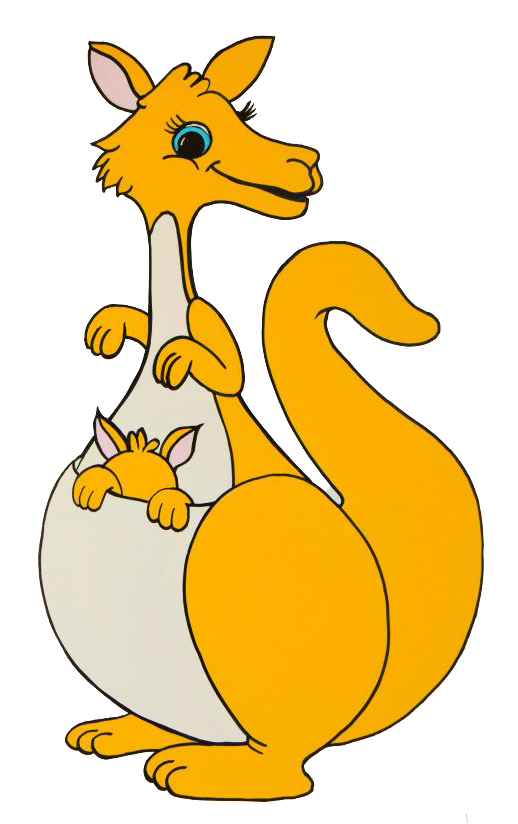
NURSING & FORMULA FEEDING
I’m trying to breastfeed but it’s just not working. What should I do?
How do I know if my breastfed child is getting enough if I don’t know how much he’s eating?
Are there community resources that help with breastfeeding?
Additionally, The Lactation Foundation is a superb local clinic funded through a grant by The University of Texas. They take appointments and offer expert advice one-on-one. Texas Children’s Hospital and The Woman’s Hospital of Texas offer breastfeeding support groups that many new moms find helpful.
My baby is 8 months old and I want to stop breastfeeding. Can I give her cow’s milk—or how about goat’s milk? My neighbor swears that her baby loves the stuff!
I am exclusively breastfeeding my newborn and I’m still taking my prenatal vitamins. Does my baby need vitamins too?
Is there any difference between the powder formula and ready to feed?
Nutritionally? No, they are the same. Certainly, powder formula is cheaper and the ready-to-feed can be more convenient. You are welcome to use either or both with your baby according to your preference. Occasionally, we hear from parents that their baby prefers one to the other but this is not predictable in any way and varies widely from one baby to the next.
Are there any differences between discount/generic formulas and brand name formulas?
Any formula that you can buy in the United States is fully nutritionally complete and safe to give your baby. Some parents prefer one brand to another—and there are absolutely situations in which we advise you to use a certain formula for your baby—but these discount or generic brands are fine for general use.
Do I need to wake my baby to feed him?
I have read about baby-led weaning. Do you recommend this method for starting solids?
BOWEL
My breastfed baby used to stool several times a day and now, she stools every other day. Is that normal?
What can I do for my toddler who is constipated frequently?
SKINCARE
What can I do for my child’s eczema?
What is this pimply rash all over my baby?
Why does my baby have such dry peeling skin?
Do I have to put diaper rash medicine on my baby every time I change him?
My child has hives on his skin. What do I do? Is this an emergency?
If the allergic response is severe, your child may have swelling of the face, hands or feet. If you notice that your child has severe swelling or is having difficulty breathing or swallowing, please seek medical care immediately. Call our office and one of our triage nurses will help determine whether to bring your child in for an office visit or if your child needs to be immediately assessed in an emergency room setting.
My child's mosquito bites become large and swollen. What should I do?
NEWBORNS
When will my baby be seen for the first time in the hospital?
What will happen to my well baby in the hospital?
How can I tell if my baby is jaundiced?
Help! I just brought my baby in for his first newborn visit and he weighs less than he did at the hospital. Am I doing something wrong?
What temperature should we keep our house?
My baby makes so much noise when she is sleeping. Is that ok?
My baby’s feet and hands are cold. Is he ok?
What color is my baby’s poop supposed to be?
Why does my newborn sneeze so much?
What is the best way to take my newborn’s temperature?
When can I take my baby out?
- If your baby gets a fever in the first month or so, there is a high likelihood that we will have to send you to be admitted with blood tests and IV antibiotics
- If your baby gets a cold in the first few months, you are going to be miserable because your baby really only knows how to breathe comfortably through his nose. So if he is very congested, he is going to fight and struggle particularly when he tries to eat or sleep.
- Your baby has not had any vaccinations yet, and is therefore more susceptible to infections of all kinds including airborne respiratory infections such as pertussis (whooping cough).
Does everyone who sees my baby have to get a pertussis shot?
Why can’t I use powder on my baby?
What if my baby has a fever?
I can see dried mucus in my baby’s nose. How do I clean it out?
Do I need to avoid touching my baby’s “soft spot”?
UPPER RESPIRATORY INFECTION
My child has a runny nose and a cough. What should I do?
How long will an upper respitory infection last?
How do I know if my child needs antibiotics?
What is RSV?
When should I call about my baby’s congestion?
URINARY TRACT INFECTION
How do I know if my child has a UTI (urinary tract infection)?
What do I do if I think my child has a UTI?
My daughter is screaming that she cannot urinate because it hurts. What can I do to help her?
Why does my child need special testing because of a UTI?
Do I need to come in for a follow-up appointment after my child is diagnosed?
My child will occasionally vomit when he coughs. Is this normal?
TEETHING & DENTAL
My 2-month-old infant is drooling a lot. Is she teething?
My toddler fell and knocked out an infant tooth. What should I do?
When can I start taking my child to the dentist?
There are so many types of children’s toothpaste available at the store. Do I buy fluoride-free or regular kids’ toothpaste? Is one healthier than the other?
Having said that, a pediatric dentist will coat your baby’s teeth with a tiny bit of fluoride dental varnish, which will be the perfect amount to help protect baby teeth from cavities. Once your child is older and knows how to spit out toothpaste, you can switch to regular kids’ toothpaste containing fluoride.
